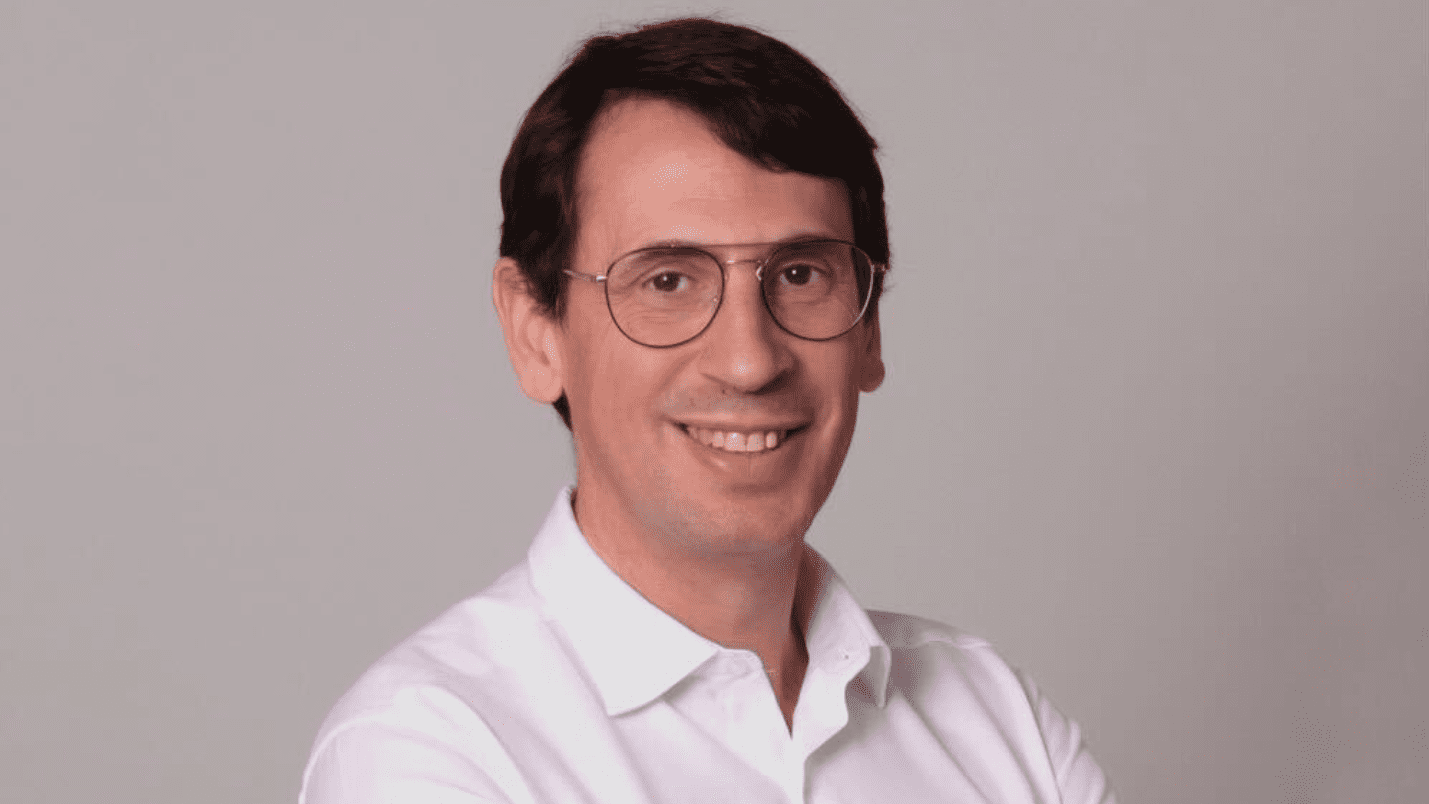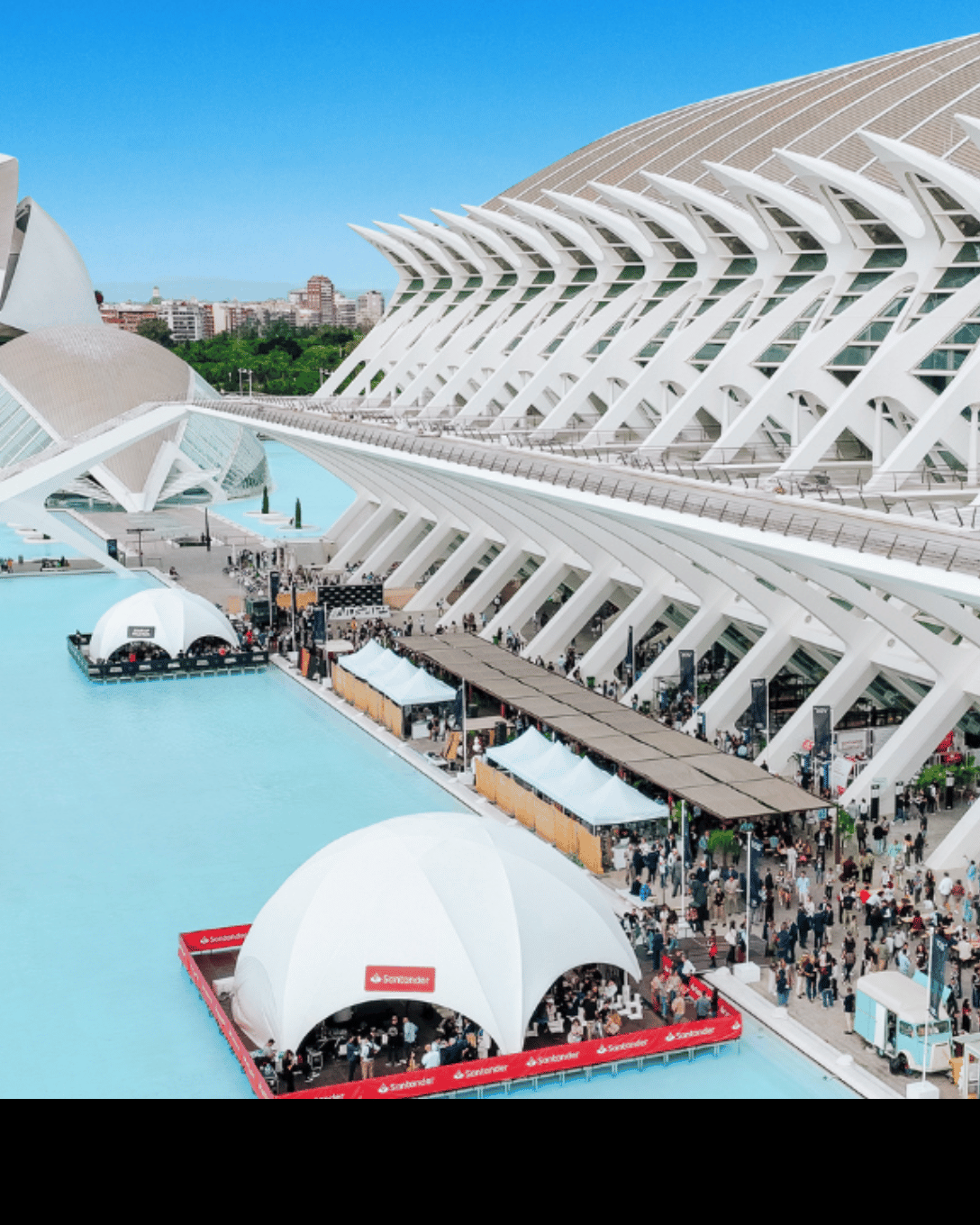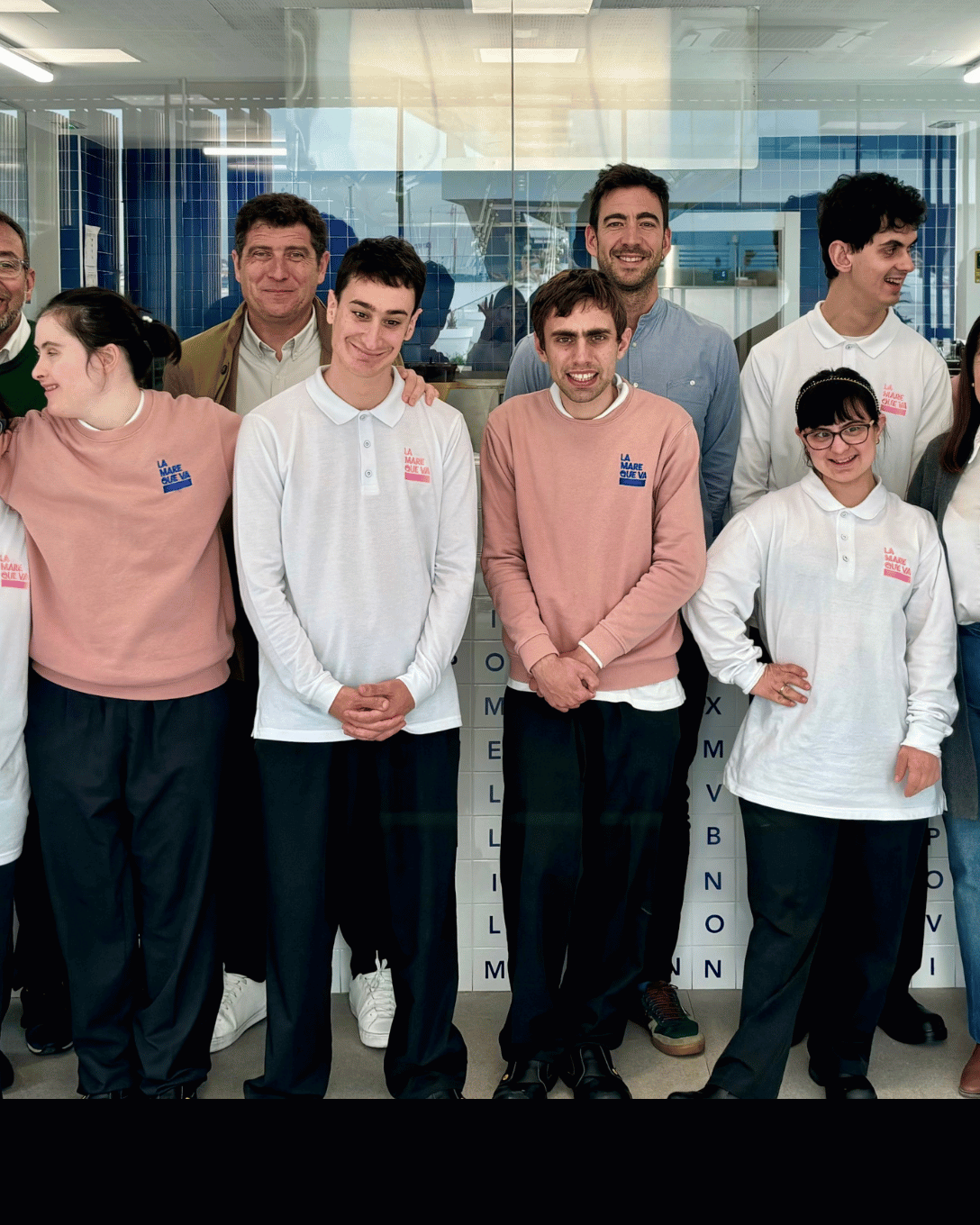When an entrepreneur seeks advice, it is essential that they cross paths with people who have the finance and business knowledge to draw up an appropriate development plan, but who at the same time understand the nature of a startup and the ‘leap into the void’ that launching projects with such a high degree of innovation and disruptive business models entails.
All these conditions are met by Jaime Esteban, member of Startup Valencia’s Board of Directors and who at the end of 2018 launched SpeedOut Advisory, his own professional services consultancy firm that accompanies startups and SMEs in their growth and consolidation from either a strategy definition, financial planning, or leadership point of view.
At its central offices in Valencia, he spoke to us to give us a snapshot of the current state of the Valencian startup ecosystem, a general investment outlook on the current macroeconomic situation, and SpeedOut’s own trajectory, a venture that he decided to launch after more than a decade managing investment operations in renowned organisations such as Angels and Lanzadera.
How would you define the current state of the Valencian startup ecosystem?
“The ecosystem is booming. These things go in cycles and here there has been a rapid evolution. In the early 2000s just by saying the word ‘startup’ on Pintor Sorolla Street people would look at you strangely. Then came the wave of accelerators such as Bbooster, PlugandPlay, Lanzadera, Demium, etc. at a time when more and more people were considering setting up a high-growth tech company. Today, I have the feeling that we have reached a point of maturity in the ecosystem, as evidenced by the existence of consolidated companies, key events such as Valencia Digital Summit on the international calendar, and talent from abroad that is settling in our ecosystem This is the fruit of those beginnings: a legacy of doing this correctly from which to grow, for example with greater interaction between startups and corporations”.
Why is it important for this collaboration to take place?
“A mature ecosystem is consolidated when the industrial sector and more established SMEs look to startups for solutions. This is the step we are at; it isn’t yet something that is taken on by the majority of the industry, but we’re seeing more and more Corporate Venturing processes. It’s a cultural change that is taking place and allows the startup to solve real problems in the industry, and industry which is going to buy its product or service.”
On this issue, in a recent session at Forinvest the question was raised of whether startups should have to chase corporations, why is it so hard for the traditional sector to turn its sights towards the innovator?
“It’s a cultural question of ownership, or management even. They aren’t used to it. I experienced it in the first editions with Lanzadera, for example, when entrepreneurs weren’t taken seriously because they looked more like they were just walking around the house. Changing the stereotype is difficult, because it always ends up being associated with the entrepreneur when the first approaches and interactions take place. I like to think of the innovation ecosystem as a global stage on which knowledge centres such as universities, tech institutes, and science parks also play a role. They are producing a lot of value and cannot remain stagnant, we have the obligation to take advantage of them because each of these research results is a potential company, either in the form of a spin-offs or a startup. When this love triangle comes together, the ecosystem will experience an incredible growth. This could possibly be achieved with a broader investor network”.
Returning to a global vision of the ecosystem, what key points do you identify on Valencia’s roadmap to consolidating itself as the third leading entrepreneurial city in Spain and a hub on the rise internationally?
“I think that attracting talent is currently the key. Not just being a renowned destination for foreign talent, but also repatriating Valencian talent that is all over the world doing innovative things. Having them back is vital for all their knowledge and because they can serve as a bridge to other ecosystems. On the other hand, hosting a flagship event worthy of being on every entrepreneur’s calendar is also key. In this sense, Valencia Digital Summit is growing, and I think it would help if other events that take place throughout the year were integrated into VDS as a single event in our ecosystem. Finally, a mature ecosystem must also know how to properly communicate its success stories and showcase them. Sometimes I’m surprised because we find local startups that aren’t on anyone’s radar, and they do spectacular things”.
You just mentioned talent, at a time when we are seeing some massive layoffs at big tech companies and startups that had recently raised large investment rounds, is this a wake-up call?
“The economy is all about cycles, and in the United States there has been a very aggressive, almost artificial, period where huge amounts of money have been injected into companies, even some that had a balance sheet with huge losses, only with the aim of inflating some metrics and getting them to go public to recover the investment. If this happens repeatedly, a bubble is formed, and at some point it has to burst. There has to be a business behind it that works, an income statement, an EBITDA… It’s not about being big because you’re raising capital. The market is teaching us a lesson with this correction, and we have to look at it and learn”.
Another trend that has some companies divided is the rise of remote work, what are your thoughts on this?
“There was a time when we thought it was strange for a startup to have its team spread out, but with the pandemic it’s been shown that remote working is compatible with the functioning of companies. However, I think that teams, when they are together, have a higher level of creativity because of the spontaneity that arises only when there is in-person contact.
We have talked about talent, the startup-corporation relationship, the role of innovative SMEs, knowledge centres… What role does SpeedOut play in these fields?
“We are a young company, only four years old, but made up of a highly experienced team. The services we offer have a circular component: financial advice and capital searching; corporate strategy definition; support to consolidated companies in their approach to the startup world and knowledge centres (institutes, universities) in search of innovation; support to investors looking for companies to provide capital to, etc. These four main areas complement each other, and it’s very common for us to create synergies between our own clients. In addition, we are assumed to be particularly linked to the startup world, but in reality we also do a lot of business with more traditional companies. We shy away from ‘labelled’ investment strategies, i.e., those that focus on ‘SaaS’, ‘marketplace’ or whatever the trendy buzzword is. Especially now, many investors are very interested in companies that have a turnover, generate business and have a healthy P&L.”
How do you assess Startup Valencia’s role in the growth of the ecosystem?
“I think it’s exemplary in all aspects. It’s the main actor in the ecosystem and the catalyst for things to happen here. Startup Valencia has become a generator of talent attraction, of connection with the administration and industry, of dynamism… The role of the whole team is outstanding, with a mission we all believe in and with an open, inclusive, and collaborative spirit. If you are a startup that is not yet associated, or a corporation interested in the world of tech entrepreneurship, I recommend you get in touch with Startup Valencia”.



